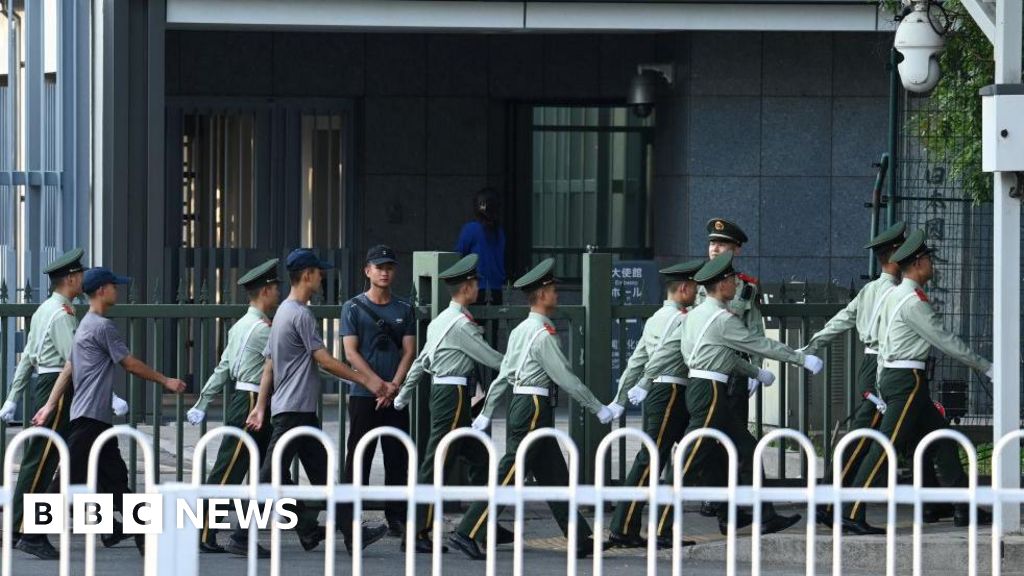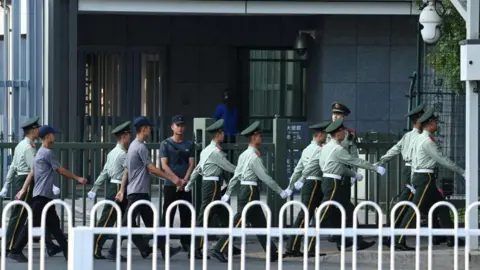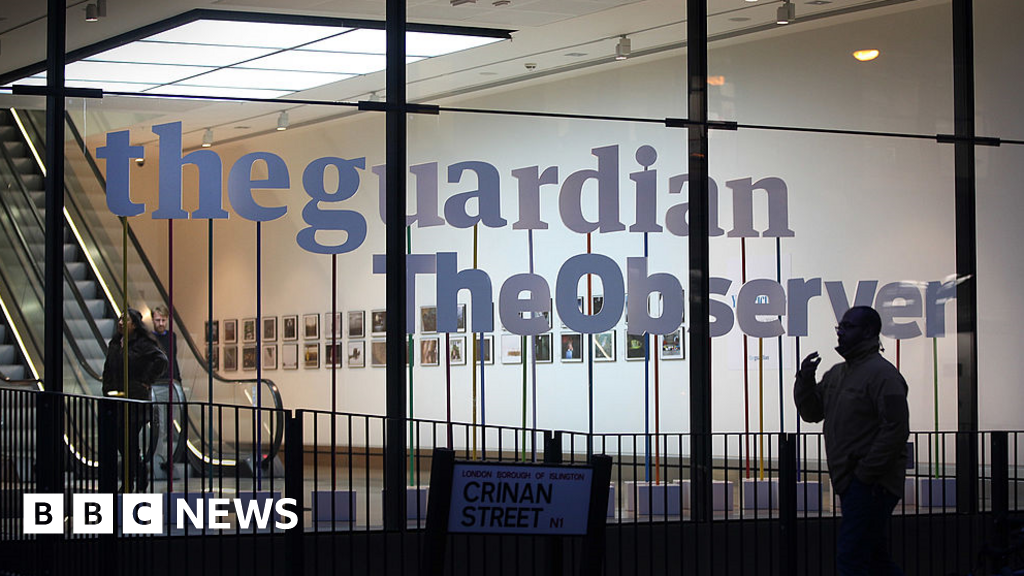There are people out there who may be unfamiliar with Charlie Mullins, the founder of Pimlico Plumbers. If so, you may have little time to acquaint yourself. Mullins is apparently poised to leave the country for tax reasons. Unlike others who have rushed to attack Chas, I mostly admire him. Having left school at 15, he built the company from nothing into a large and successful business, and indeed one that I have used with great satisfaction, although it is on the pricey side.
From what I hear, I might not enjoy working for Chazza but, otherwise, the only question mark in my mind about him concerns his face, which has transformed with his bank balance from a fairly normal visage into a look that I can best describe as Rod Stewart mid-electrocution. I have no knowledge of the constituent parts of his mug, which certainly looks as if it has had a few visits from Pimlico Plastics. But if you told me his face was home to the UK’s strategic Botox supplies, I would not rush to differ.
Anyway, Mullins has declared that he intends to take the UK’s Botox lake to Marbella or Dubai, for fear of the new Labour government’s tax plans. I know the conventional position would now be to deploy the rest of this column giving him a damn good thrashing for wanting to protect his stash from an increase in inheritance tax. Some version of good riddance, you tax-dodging dunny diver.
But actually, I don’t really care. If he believes the saving is substantial enough to mitigate the pleasure of living in the land of his birth, that seems to me to be his decision. In fact, he spends quite a lot of time out of the country already, so he may not have found the choice as hard as I would. It’s his life and his money. News reports are often full of millionaires demanding higher taxes. How refreshing to find someone who made it the hard way taking a contrary view. No marks for altruism, but a high score for honesty.
He is also entirely free to make a song and dance about it. He may even be performing a public service, reminding the chancellor that taxes on the truly wealthy rarely raise as much as people would wish because the well-heeled have choices not available to most of us.
Nor, unlike others, do I think people trying to protect their legacy are doing anything other than fulfilling that primal and noble urge to leave as much of the money you have earned and paid tax on to your spawn.
What I do care about, however, is checking that he does actually leave. A hardy perennial of new left-leaning governments is the upsurge of famous rich people declaring that they are off if said party wins the election. Just before the election of Tony Blair, the composer Andrew Lloyd Webber was widely reported as saying he would depart if the country turned Labour. He has since denied such stories were true, and it must be said that he is still here and indeed took a peerage that same year.
Ahead of next month’s budget, the business pages are full of reports that unnamed non-doms and plutocrats have fuelled up the first plane to Belize or the Caymans, or even Italy, to avoid Rachel Reeves’s tax wheezes. Some of the threats may be contrived, though I’m inclined to believe the non-doms who are raging over plans to subject their full estates to inheritance tax.
What we rarely read, however, are exhaustive reports of whether they follow through with the threat. Threats to leave make for great headlines. What you rarely see is the confirmation they have indeed left the building or that they decided to stay after all. It is time for an audit of the runners. Did they really depart? Have they slunk back? Did they stay or did they go now?
And this is the point, Charlie. You can spread your whiny wings and fly away, but remember, no sneaking back to get your balayage done. You made your sunbed. We don’t want to see you on Sunday with Laura Kuenssberg, opining from some lounger on the state of UK social policy. You have to pay to play.
Even so, at least you put your mouth where your money is. In Marbella. The old boilers of Britain salute you. Your plumbing days may be behind you, but here’s hoping you continue to feel flush.
Email Robert at magazineletters@ft.com
Follow @FTMag to find out about our latest stories first and subscribe to our podcast Life and Art wherever you listen
































































































































You must be logged in to post a comment Login